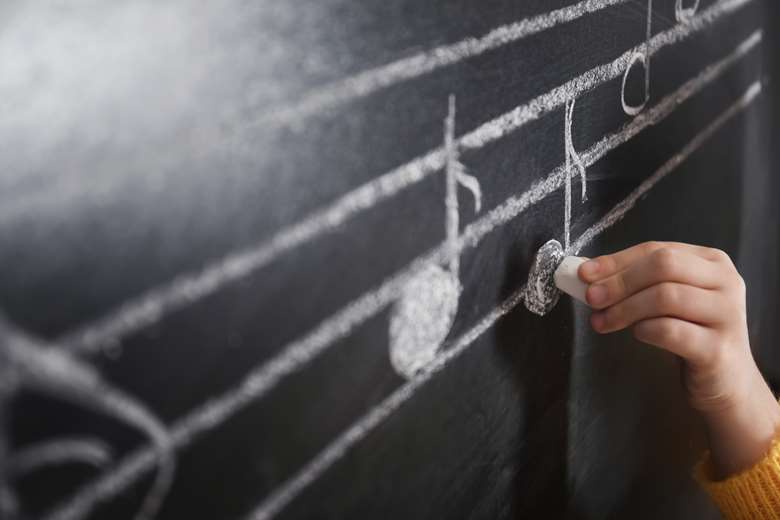Education Select Committee renews call for music to be included in the EBacc
Dr Jodie Underhill
Thursday, July 1, 2021
Following a recent report from the Education Select Committee, ISM Research Associate Dr Jodie Underhill examines the English Baccalaureate (EBacc) and how, by not including creative subjects, this government-promoted accountability measure is widening social divides and seriously threatening the talent pipeline for music.


Register now to continue reading
Don’t miss out on our dedicated coverage of the classical music world. Register today to enjoy the following benefits:
- Unlimited access to news pages
- Free weekly email newsletter
- Free access to two subscriber-only articles per month